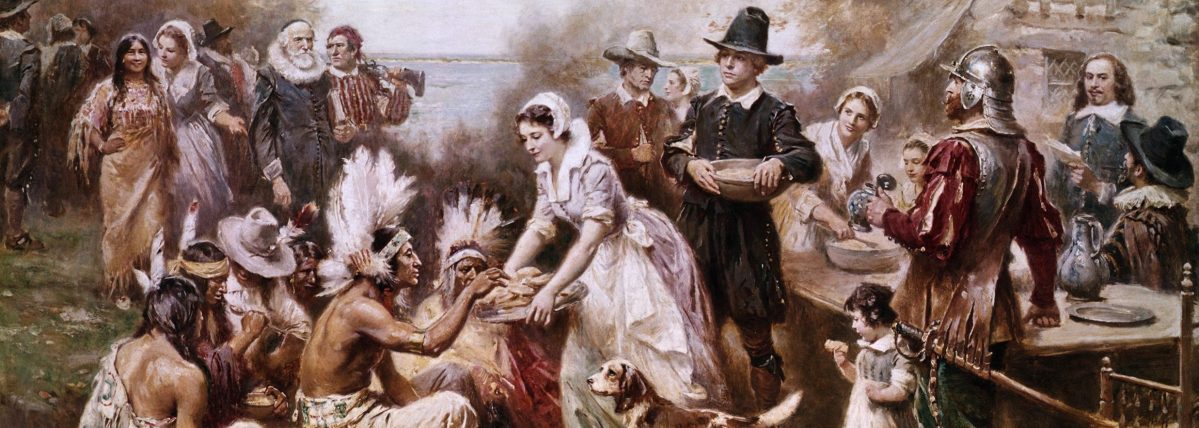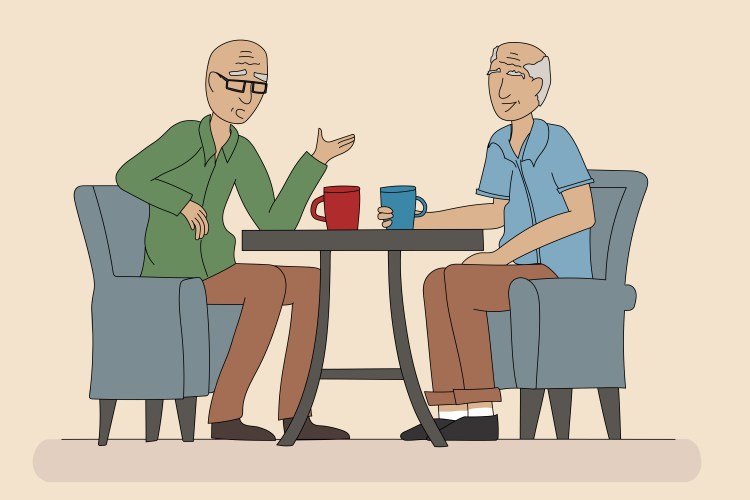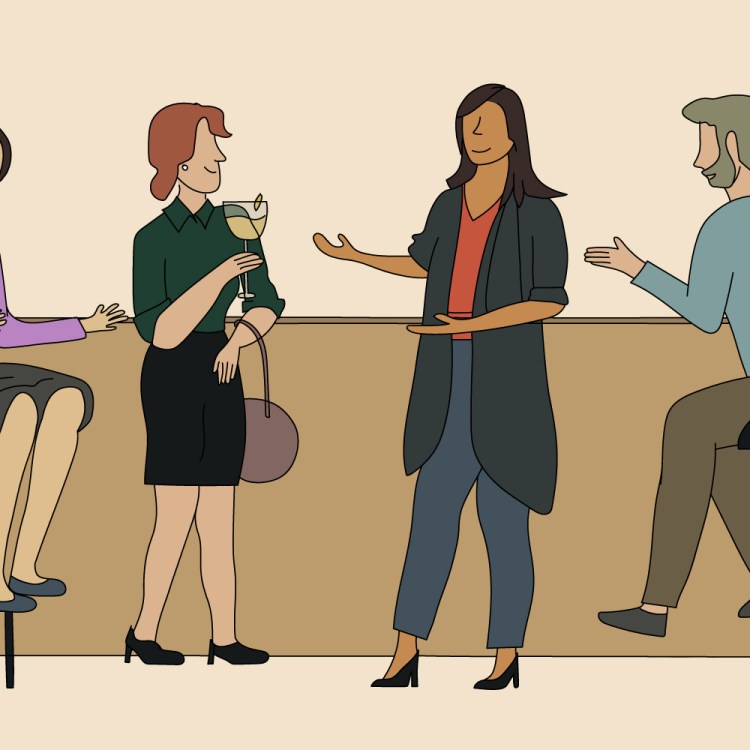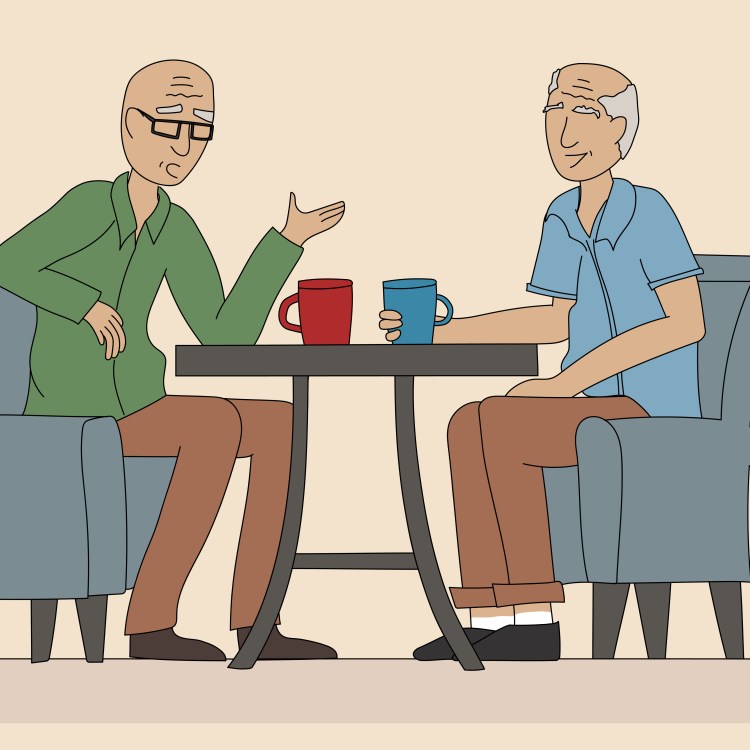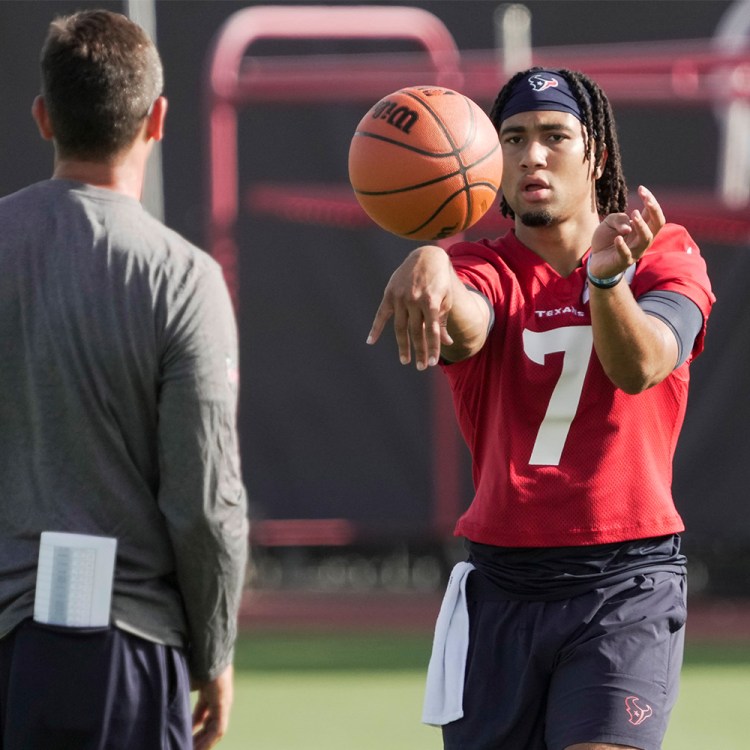Everybody who’s been to elementary school knows the major role Native Americans played in the first Thanksgiving. It goes without saying that they had a positive impact on (future) American life. But as we’ve also learned, Native Americans, time and again, have been adversely affected by these same settlers. And new research uncovers yet another sad episode in their history.
The research suggests that diseases transmitted by Pilgrims have had more of an impact on Native Americans than experts realized. In fact, the effects, lingering in generations of descendants, can still be found in their genes today.
While a multitude of factors led to the decline of the Native American population after first making contact with European settlers in the 15th century, infectious diseases like smallpox and measles wiped out large swaths of the indigenous populations, because their immune systems had never been exposed to those types of pathogens before.
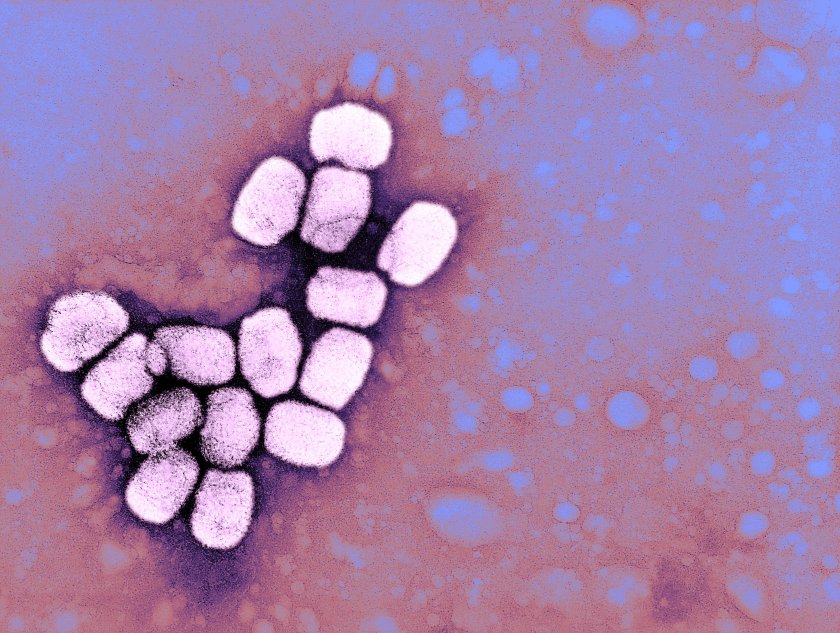
A team led by Ripan Malhi, an anthropologist at the University of Illinois in Urbana, sequenced the genomes of the remains of 25 Tsimshian people, who were some of the first to make contact with European settlers and lived around Prince Rupert Harbor in British Columbia in the early 1700s. The research group then compared the genomic data to their 25 Tsimshian descendants .
Their findings, published in Nature Communications, suggested immune-related genes, variants like HLA-DQA1, were less equipped to handle the diseases brought over by settlers. “Those ancient genetic variants that were once adaptive were no longer adaptive after European contact,” Malhi says. As a result, the variant is rare among Tsimshian descendants today. The research group plans to continue their study with other indigenous groups throughout the Americas.
To read the study in full, click here.
Whether you’re looking to get into shape, or just get out of a funk, The Charge has got you covered. Sign up for our new wellness newsletter today.
